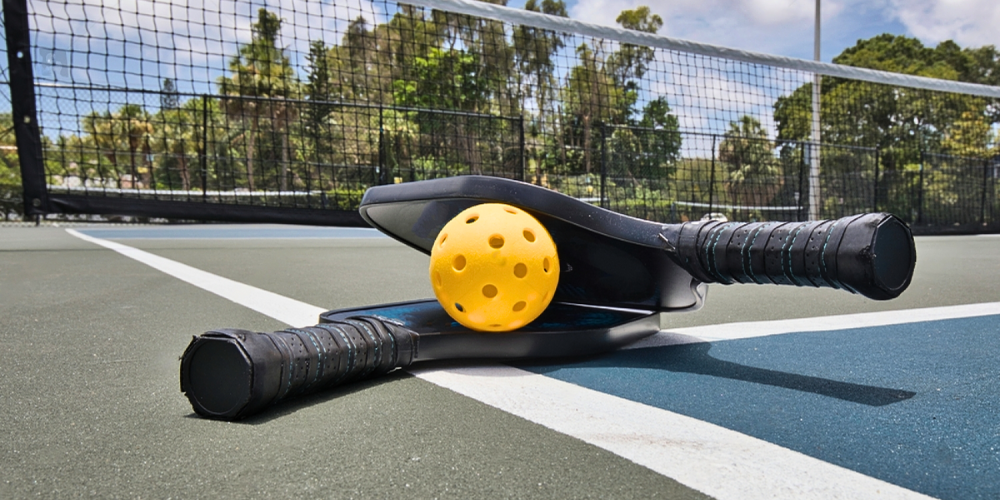
In the sports equipment industry, particularly in the padel and pickleball racket sector, manufacturers offer two primary business models for B2B clients: Private Label and OEM (Original Equipment Manufacturing). Both models come with unique advantages and challenges, making the decision crucial for brands looking to optimize cost, control, and customization.
As market demands evolve, companies like Dore Sports are adapting their business strategies to provide more flexible, innovative solutions. Whether businesses aim to build a recognizable brand or prefer a cost-efficient, ready-made solution, understanding the differences between Private Label and OEM can help them make the right choice.
Understanding Private Label and OEM Manufacturing
1. Private Label: Building a Custom Brand with Ready-Made Solutions
Private Label refers to a model where a manufacturer produces goods that are then sold under the buyer’s brand name. In this approach, manufacturers like Dore Sports provide pre-designed rackets with customizable elements, such as logos, colors, and packaging.
Advantages of Private Label:
• Faster Time-to-Market: Since the products are pre-developed, branding and customization take less time.
• Lower Development Costs: There is no need for extensive R&D, which reduces the upfront investment.
• Proven Quality & Performance: Manufacturers use tested designs, ensuring reliable product quality.
• Easier Entry for New Brands: Ideal for businesses looking to establish a presence quickly.
Challenges of Private Label:
• Limited Design Flexibility: Customers can customize branding elements but cannot alter core materials or construction.
• Brand Differentiation: Since multiple businesses might sell similar products, it can be harder to stand out.
2. OEM: Tailor-Made Solutions for Unique Brand Identity
OEM manufacturing, on the other hand, allows businesses to design and develop products from scratch while using the manufacturer’s expertise and production capabilities. Companies provide specifications for materials, structure, weight, and aesthetics, making it a fully customized solution.
Advantages of OEM:
• Full Customization: Businesses can create rackets with unique designs, materials, and technology.
• Stronger Brand Identity: Custom-developed products differentiate a brand from competitors.
• Higher Market Control: Companies can patent their designs and protect proprietary innovations.
Challenges of OEM:
• Higher Initial Investment: Custom development requires R&D, mold creation, and prototyping, increasing costs.
• Longer Production Timeline: New product designs require extensive testing, which takes more time.
• Higher Minimum Order Quantities (MOQs): Manufacturers typically require large production runs to offset development costs.
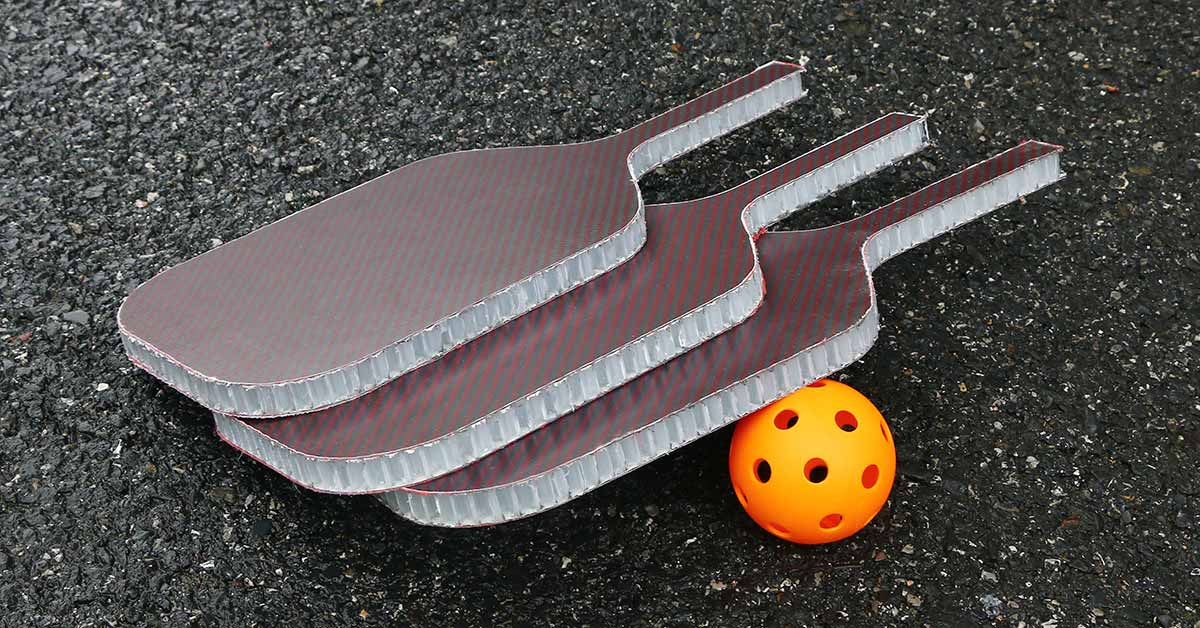
How Dore Sports Adapts to Market Trends and Innovation
As a leading sports equipment manufacturer, Dore Sports has made significant adjustments to accommodate both Private Label and OEM clients, ensuring flexibility, efficiency, and innovation:
1. Expanding Private Label Offerings
To help B2B clients enter the market quickly, Dore Sports has expanded its ready-made paddle options with more diverse materials and technologies. Clients can now choose from:
• Carbon fiber, fiberglass, or hybrid materials to match different player levels.
• Multiple surface textures for varying spin and control preferences.
• Custom packaging and branding options to enhance brand recognition.
2. Enhancing OEM Customization Capabilities
For businesses that seek full customization, Dore Sports has invested in advanced R&D and production technology to support unique OEM projects:
• 3D modeling and rapid prototyping to speed up product development.
• New molding techniques to create innovative paddle shapes and weight distributions.
• Custom polymer and core material development to optimize performance based on customer needs.
3. Flexible MOQ Strategies
Understanding that not all businesses can commit to large order volumes, Dore Sports has introduced:
• Lower MOQs for Private Label to attract startups and emerging brands.
• Flexible MOQ negotiations for OEM to accommodate different budget levels.
4. Smart Cost Optimization
Dore Sports helps B2B clients optimize costs without sacrificing quality through:
• Bulk material sourcing to keep prices competitive.
• Eco-friendly production methods that reduce waste and improve sustainability.
• Streamlined supply chain logistics to ensure on-time delivery worldwide.
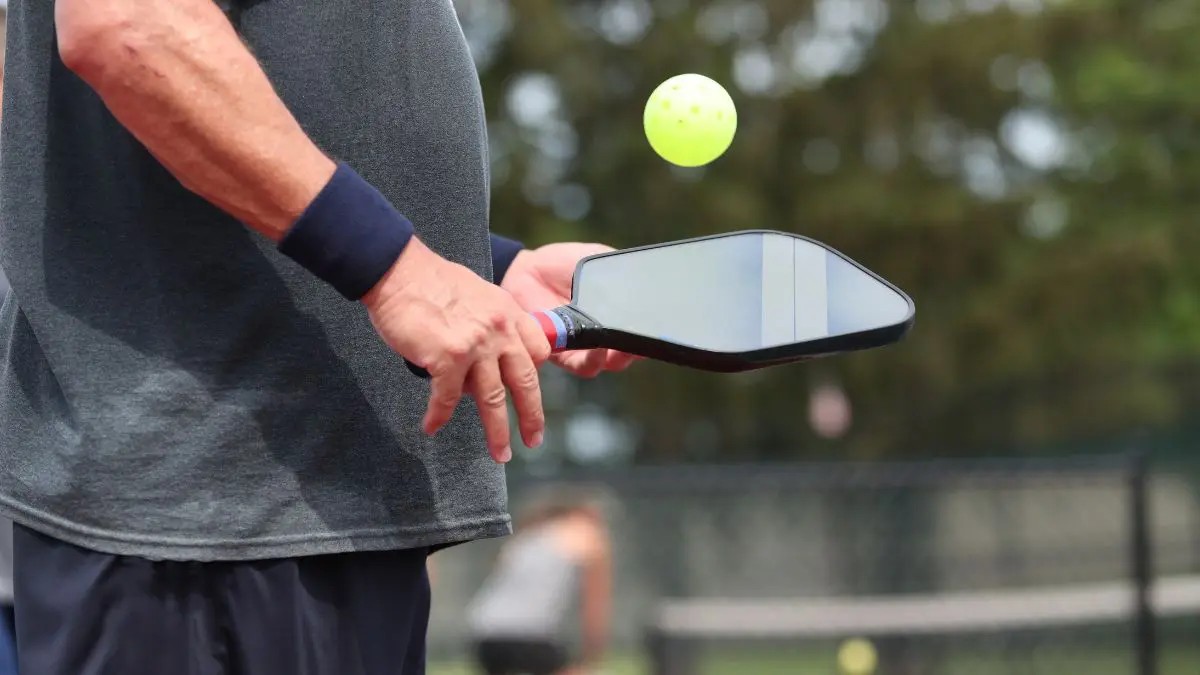
Choosing the Right Model: Private Label vs. OEM
For businesses deciding between Private Label and OEM, here are key considerations:
• Speed to Market: If time is a priority, Private Label is the best option.
• Budget & Investment: If the goal is to minimize upfront costs, Private Label is more cost-effective.
• Customization Needs: If full design control is required, OEM is the better choice.
• Brand Positioning: If differentiation from competitors is critical, OEM provides unique advantages.
Ultimately, Dore Sports helps businesses navigate these choices by offering tailored solutions that align with their goals, budget, and market positioning.
Both Private Label and OEM manufacturing offer unique benefits depending on business needs. As a trusted partner in the padel and pickleball industry, Dore Sports continues to innovate and adapt, providing high-quality solutions for brands worldwide. By expanding Private Label options, enhancing OEM customization, and optimizing costs, Dore Sports ensures that its B2B clients have the right manufacturing model to succeed in an ever-evolving market.

As a one-stop pickleball product supplier, D...
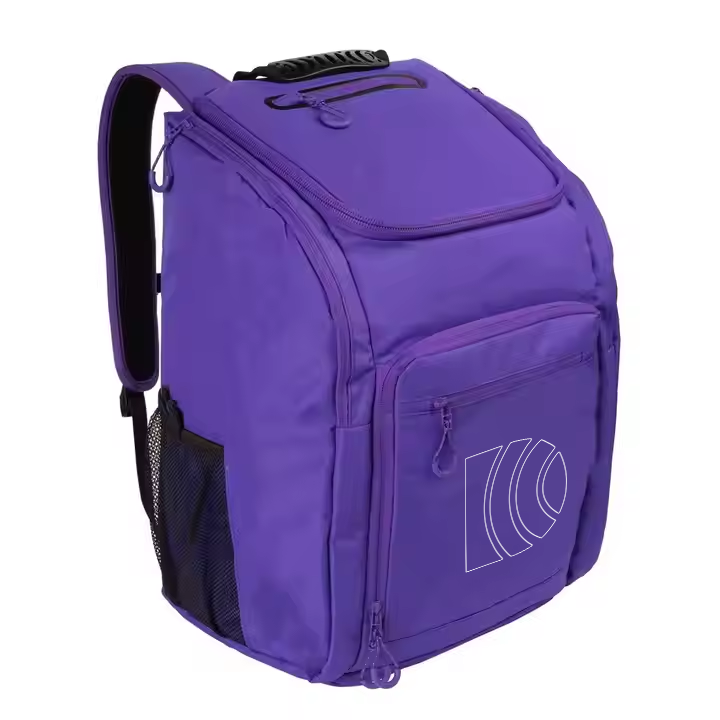
As a one-stop pickleball product supplier, D...
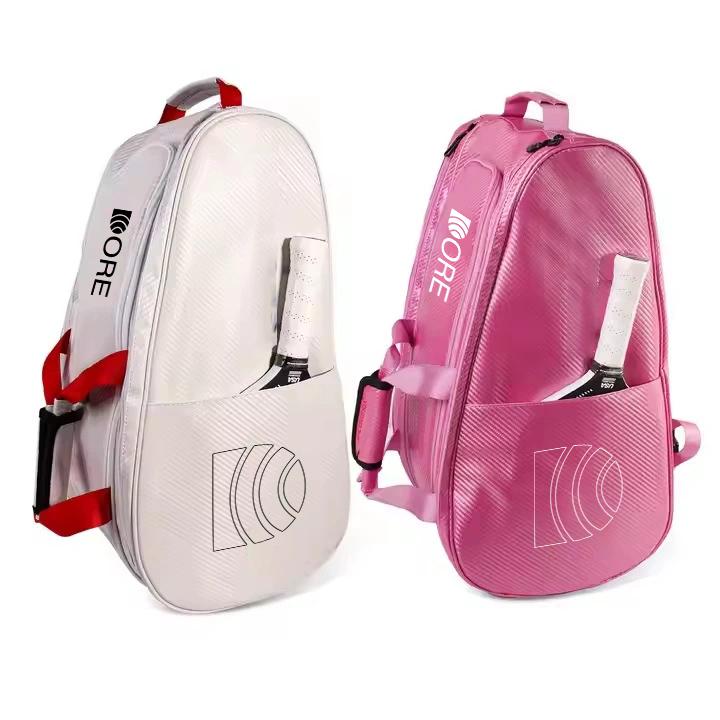
As a one-stop pickleball product supplier, D...